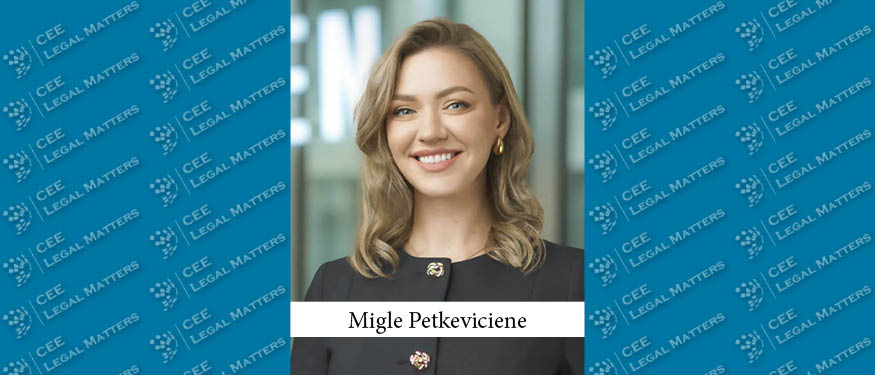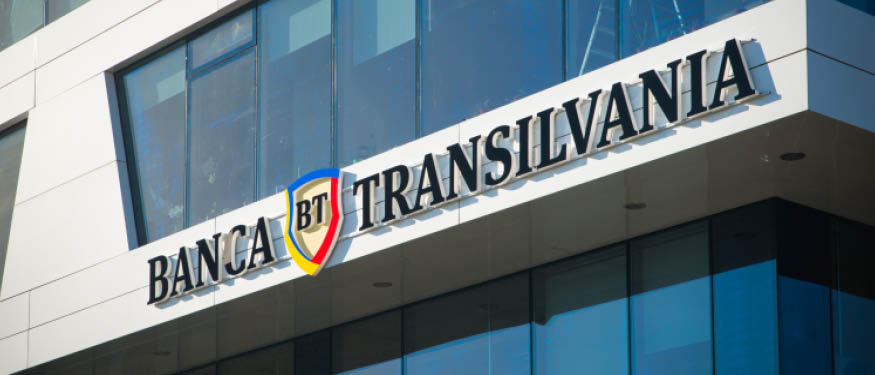Law 5123/2024 aims to modernize the institutional framework governing pledges by creating a streamlined and contemporary legislative structure. The new law is expected to come into force once the particulars of operation of the Electronic Pledge Registry are determined by the Hellenic Cadastre’s Board of Directors or the 31st of December 2024, whichever comes first. Specifically, for share pledges, the current legal regime involves numerous formalities, and reducing these requirements would be welcomed by legal practitioners.
Legal framework for share pledge agreements before L. 5123/2024
Under the previous regime, a share pledge is established through either a notarial document or a private document with a verified date. Additionally, the pledge is perfected by delivering the share certificates from the pledgor to the pledgee. In practice, the pledge agreement would typically be served to the relevant company to verify the date of the agreement.
Moreover, current legal theory, supported by Article 1247 of the Civil Code and Articles 40 and 41 of Law 4548/2018 on the shares’ registry and the entries of any shares’ transfer, establishes that annotations in the shareholders' register and on the shares’, certificates are necessary to perfect the pledge. Only once these annotations are made is the pledge considered legally binding and enforceable.
In cases of capital increase, such as through the capitalization of reserves, the pledge automatically extends to any new shares. However, until the new share certificates are delivered to the pledgee, the pledgee holds only a pledge of a claim for future payment (as per Article 1252 of the Civil Code). Once the new shares are issued and certificates are provided, the pledge over the new shares is perfected.
New legal framework under L. 5123/2024
Article 11(1) of Law 5123/2024 brings significant changes to the formalities of share pledge agreements. Under this new regime, a share pledge can now be created through a private or electronic document, coupled with registration in the newly established Electronic Pledge Registry. Annotations in the share register and on the share certificates (if they exist) now occur only after the pledge is created, as explicitly provided in the law. According to paragraph 3 of the same article, the pledgor must deliver the shares to the pledgee (if there are physical certificates) upon request.
Additionally, the new law removes the requirement for a document with a verified date. A private or electronic document is sufficient, provided it complies with Article 15 of Law 4727/2020, which defines an electronic document as any document issued with an approved electronic signature or electronic seal. However, further clarification may be needed regarding the specific requirements for such electronic signatures or seals.
Key advantages of the new regime regarding the formalities of the shares’ pledge include:
- Transparency and legal certainty: By using modern electronic means and registering the pledge in the Electronic Pledge Registry, the process becomes more transparent and legally secure. The registry operates on a 24-hour basis, ensuring speed and efficiency in pledge creation.
- No requirement for physical delivery of share certificates: Delivery of the share certificate is no longer a perfection requirement under the new regime. This also addresses situations where companies have not issued share certificates to their shareholders, simplifying the process considerably.
- Clarification on annotations: Annotations in the share register and on the certificates (where applicable) occur after the creation of the pledge, further reducing formalities.
Can these provisions streamline the formalities of share pledges in practice?
One notable change is that the service of the pledge agreement to the company may be skipped in some cases. If the company itself becomes a counterparty to the agreement, the pledgee can ensure that the company is fully aware of the rights attached to the pledged shares (such as voting rights, dividend entitlements, and preemption rights). In such instances, the company should acknowledge the pledge agreement and take necessary actions for implementing the terms thereof by countersigning it.
Furthermore, registration of the pledge in the Shareholders Registry may no longer be a legal necessity for the establishment of the pledge or for its priority in terms of time. The pledgee can now rely on the Electronic Pledge Registry to prove their rights. However, if the pledgee wishes to exercise certain shareholder rights, such as voting rights, it may still be helpful to have the pledge annotated in the company's records.
Regarding the delivery of share certificates to the Pledgee and the annotations over the share certificates, the provisions of the new law prioritize the pledge as a right over the shareholder's rights, rather than the certificate itself. This is explicitly stated in paragraph 4 of Article 11 of Law 5123/2024, where it clarifies that a pledge over registered shares is considered as a pledge on the shareholder's rights. Consequently, the pledge remains unaffected by any loss, fragmentation, or other issues concerning the share certificate. Under the previous legal framework, there was no specific provision on this matter, but both case law and legal theory established the pledgee's rights based on the application of Article 1223 of the Civil Code, which concerns the pledgee's right to claim compensation.
On this basis in the case of capital increase the pledge is automatically extended to the new shares without need for delivery of new shares certificates to the pledgee and annotation on such share certificates in order that the pledge over the new shares is perfected, provided that that such extension of pledge is registered by the Electronic Pledge Registry.
Paragraph 5 of Article 11 further provides that in the event of a pledge over registered shares, enforcement can proceed irrespective of whether the pledgee is in possession of the issued shares. This raises the question of whether the pledgee needs the share certificates to exercise its rights and enforce the relevant security.
In practice, the pledgee would typically hold the share certificates as a means of monitoring the pledgor's voting rights, especially to prevent votes contrary to the pledgee’s interests. When the shares are held by the pledgee, the pledgor must submit a written request to exercise any voting rights and/or minority or other statutory rights associated with the pledged shares. Provided that no default has occurred, the pledgee will then issue a certificate confirming that the pledged shares remain in its custody, allowing the pledgor to exercise their voting rights. Conversely, upon the occurrence of a default, the pledgee must give written notice to both the pledgor and the company before the pledgee exercising the voting rights.
This arrangement enables the pledgee to monitor and control the pledgor’s voting rights and to ensure compliance with the pledge agreement. By contrast, if the shares are held by the pledgee, its ability to monitor the pledgor's voting actions is somewhat restricted. Therefore, it is highly unlikely that pledgees will forgo the delivery of pledged shares, despite the additional administrative burden that holding shares for company meetings might impose on pledgees.
From an enforcement perspective, the fact that share certificates are no longer required under the new law tackles several procedural difficulties. This is particularly beneficial in situations where companies have not issued physical share certificates.
Under the previous legal regime, shares that were not incorporated into certificates were enforced according to Articles 1022 et seq. of the Greek Code of Civil Procedure, which deal with special assets, rather than Articles 953 et seq., which apply to movable things. This distinction led to procedural complexities and created uncertainty in enforcement. Additionally, when an executory title was needed for enforcement without share certificates, the pledgee had to request court permission for the seizure of special assets. In such proceedings, the court would decide the most efficient route for enforcement, whether through transferring shares in exchange for debt offset, auctioning the shares, or acquiring specific rights over them (e.g., voting or minority rights).
This risk is now addressed by the new law, which clarifies that enforcement under Articles 953 et seq. of the Greek Code of Civil Procedure is feasible even in the absence of share certificates, making the auctioning of such shares legally permissible.
Lastly, the new law makes it clear that the privileges granted by Legislative Decree 17.7/13.08.1923 remain in force. This means that banks, securitization vehicles, and companies acquiring non-performing loans (NPLs) do not need an enforcement title to initiate enforcement procedures. The only requirement is the service of an order for payment and the setting of a deadline for the auction of the shares.
Conclusion
The introduction of electronic documents and registration in the Electronic Pledge Registry brings a clear modernization to the framework for share pledge agreements. This approach simplifies procedures, reduces formalities, and, in many cases, removes the requirement for physical certificates.
Moreover, the law has clarified the nature of pledges on registered shares as rights over the shares themselves rather than the certificates. Moving away from a strict reliance on certificates represents a significant step toward aligning the legal framework with contemporary business practices and technological advancements.
By Katerina Christodoulou, Partner, and Anastasia Kakali, Senior Associate, Your Legal Partners
















